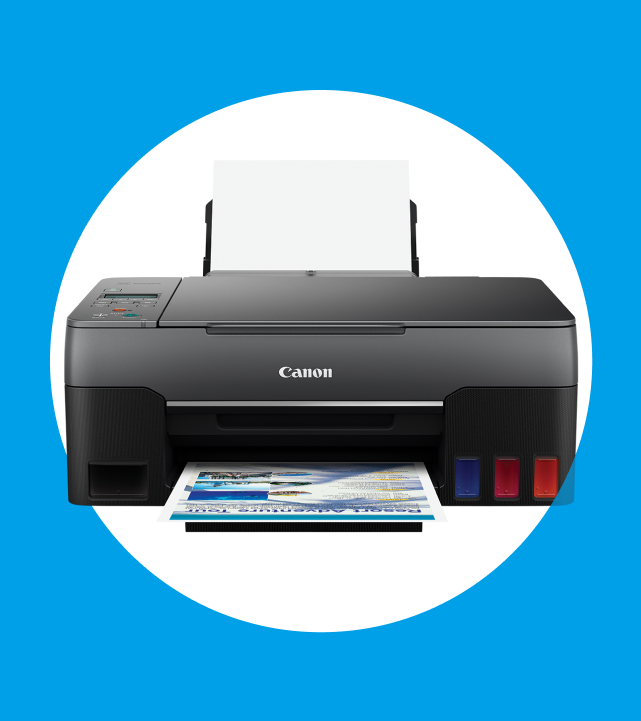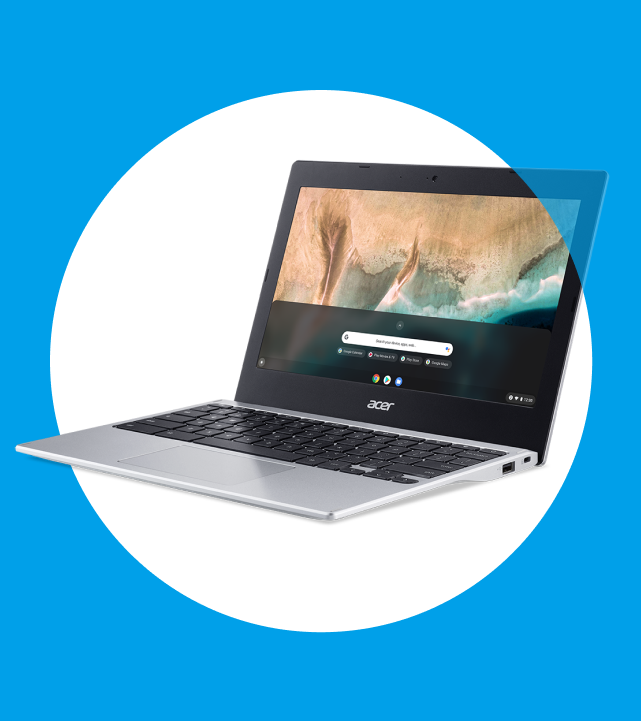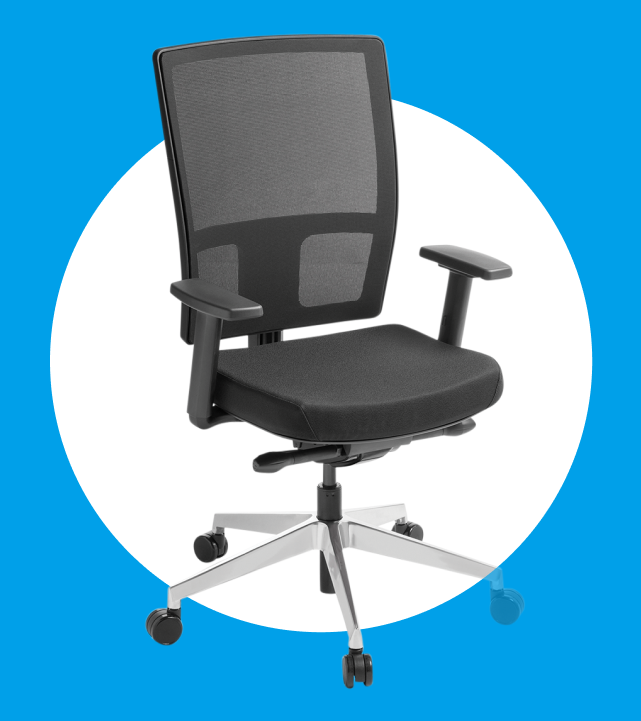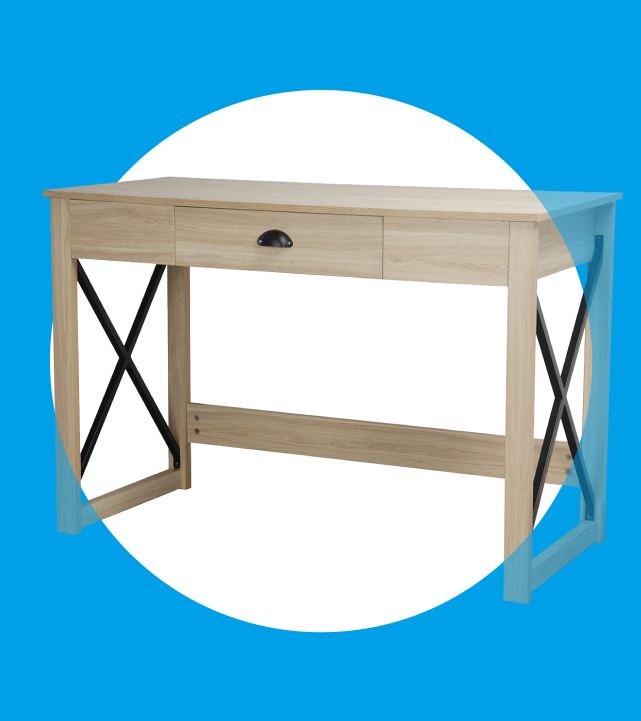GROWING PAINS
Six things you’ll need to get your business online
Whether you want to start your own e-commerce operation or simply build a website for your current business, going online is an important task that needs careful planning and a substantial investment of time and money.
This blog outlines six key things that will help you get started and ensure your move online is a great success.
1. Goals
Before setting out, you need to know what you want to achieve. Ask yourself what your website will be for. Are you going to be selling products? If so, how many and how often? Or are you just aiming to generate enquiries? If so, what kind of enquiries? What are they worth to you? Be as specific as possible.
This step is the most important. Each subsequent step will be guided by your online objectives.
If you’re selling thousands of products online, then your website platform and hosting requirements will differ from a website built to drive enquiries over the phone, email or even in person. The amount of work will also differ greatly. You can imagine how many hours it would take to write thousands of product descriptions, versus a website that just requests you fill out a contact form.
It’s also helpful to define what a minimum viable product (MVP) would look like. That is, what is the absolute minimum amount of information and/or features your business needs to start out online? Remember you can always add to a website once it’s live. If you need to get things started online as soon as possible, defining an MVP can help you get there faster. Without it, website builds are prone to significant delays in the quest for perfection.
2.Website platform
There are many different website platforms available, some easier to use than others. Again, the choice of which platform is right for you depends on your business goals.
- Starting a small online store? Shopify may be right for you
- Selling thousands of products? Magento could be the right choice
- Just need something simple? WordPress is hard to beat when it comes to the basics
Zeald works with, and actively recommends, all of these examples and more. We even have our own website platform, which we developed. More importantly, however, we specialise in helping you find the best fit for your business.
For more specific guidance on which website platform would suit your business, have a look at our eBook, ‘Which Website Platform Is Right For Me?’
3. Domain name and hosting
Obviously, you need an address for your website. The best addresses are simple, like www.yourbusiness.com. There are many different providers out there offering domain name registration. Search online for one you like – it doesn’t matter in the slightest who you choose buy from. You can even register a domain through Zeald if you wish.
While you’re looking for a place to handle your domain name registration, check to see if they offer hosting as well. Almost every business that offers domain names will have hosting options available. You’ll need both to get your website online.
In addition, website platforms sometimes offer, or come with, domain and hosting packages. WordPress, for example, has a free package. This includes a wordpress.com subdomain (e.g. example.wordpress.com) as well as free hosting. This solution may not be adequate for a large business, but could be the best option for someone just starting out by themselves.
4. Content/images/logos
A website needs to be populated with content. If you’re paying a developer to build the website, then supplying your own content is going to save them time and reduce their costs to you. On the other hand, if you don’t have experience in developing online content, the DIY approach could do more harm than good. In this case, consider having your website text written by a copywriter, and images developed by a photographer or designer. Then you’ll know your business will be represented correctly online.
The type and amount of content you’ll need will depend on your business.
If you’re going to be running an e-commerce store, you’ll want high quality images and descriptions of every single product. You may even want photos from multiple angles and in any different colour options available.
For businesses that just want to generate leads from their website, things are a bit simpler. You’ll still want images of your business and its products or services, and related copy, but the focus will be on convincing people to make an enquiry. Things like customer testimonials are perfect for this, so you may want to consider giving your clients a call and asking them for a short quote, as well as their permission to use it online.
If you already run a physical business, you probably have logos available in a digital format. You’ll obviously want these on the website, so make sure you know where to find the files. If you’ve been considering a re-brand or logo change, now could be the perfect time to do it.
5. Professional administration
Once the website is up and running, it’s crucial you continue to maintain and improve it over time.
For many businesses – especially online retailers – this is a full-time job. But whatever business you’re in, it’s unlikely you will have the time to manage the website properly yourself, and even less likely you’ll have time to make improvements and test changes.
Make sure then you have some kind of website management in place to ensure your business remains up to date and available to visitors 24 x 7. Depending on your requirements, this can take the form of a full-time website administrator or support through your website developer.
6. Digital marketing strategy
Once everything listed above has been sorted, it’s time to start marketing your business online. In order to do this efficiently and effectively, you should have a strategy in place for how you plan to approach digital marketing and how this relates to your business goals.
While different methods of digital marketing will work better than others for different types of businesses, there are a few things every online business should consider. SEO, AdWords and email marketing are all proven methods every business going online should take advantage of. Social media is also an area to look into, although again, some businesses find success here easier than others.
At Zeald, we provide all of the services mentioned in this blog post, and have a team of experts happy to give you advice. We specialise in finding the best online solution for your business, so if you’re looking to bring your business online, feel free to get in touch with us for a chat.



